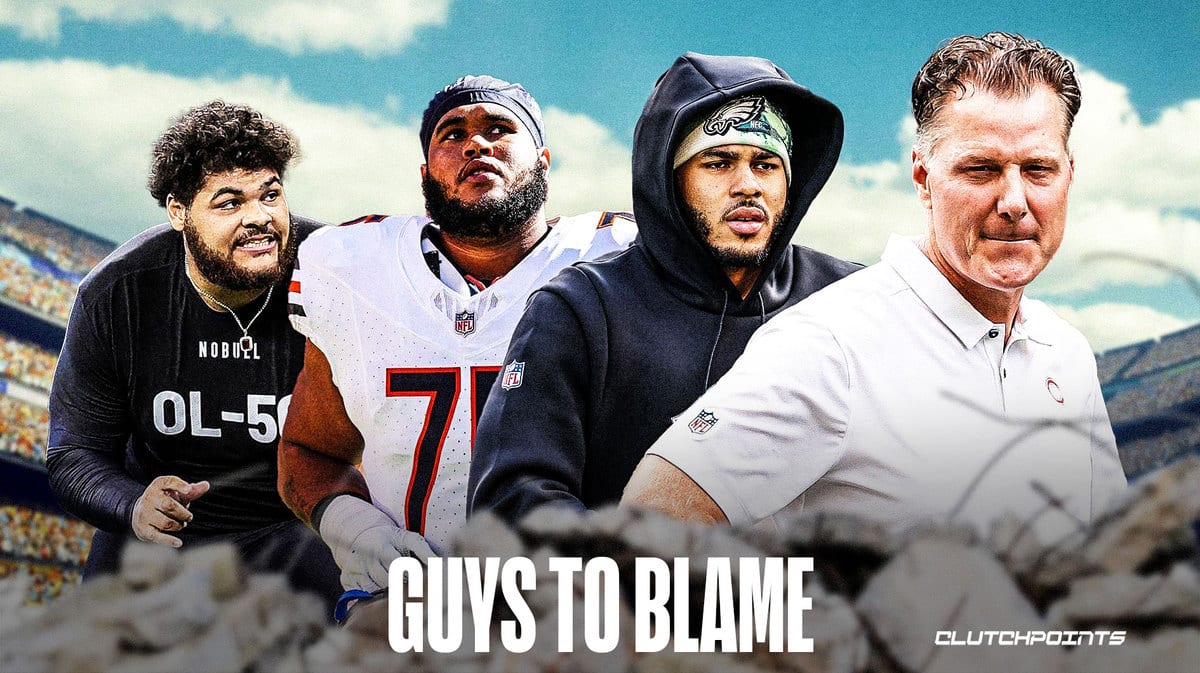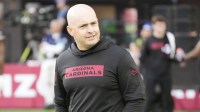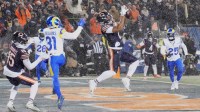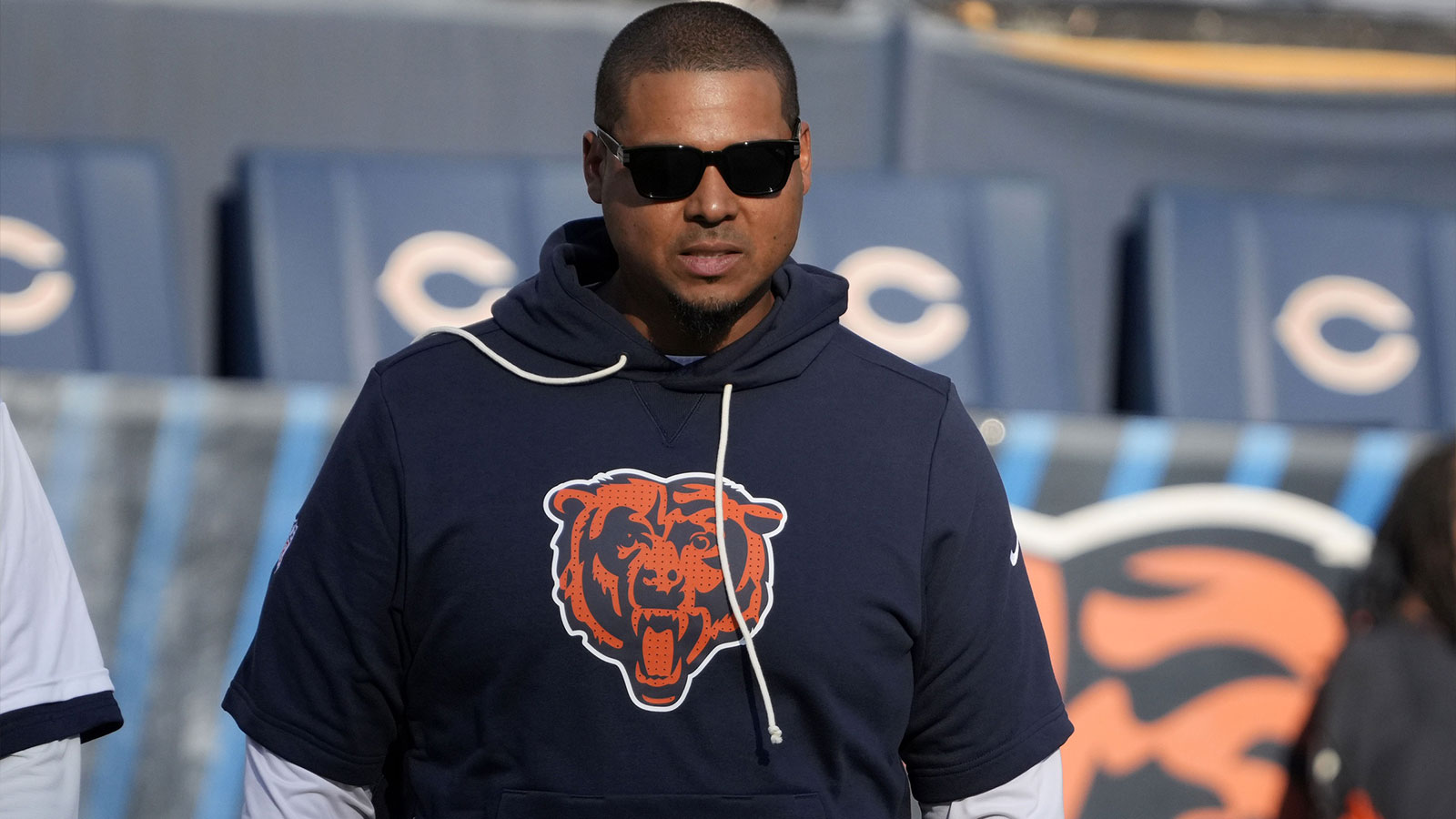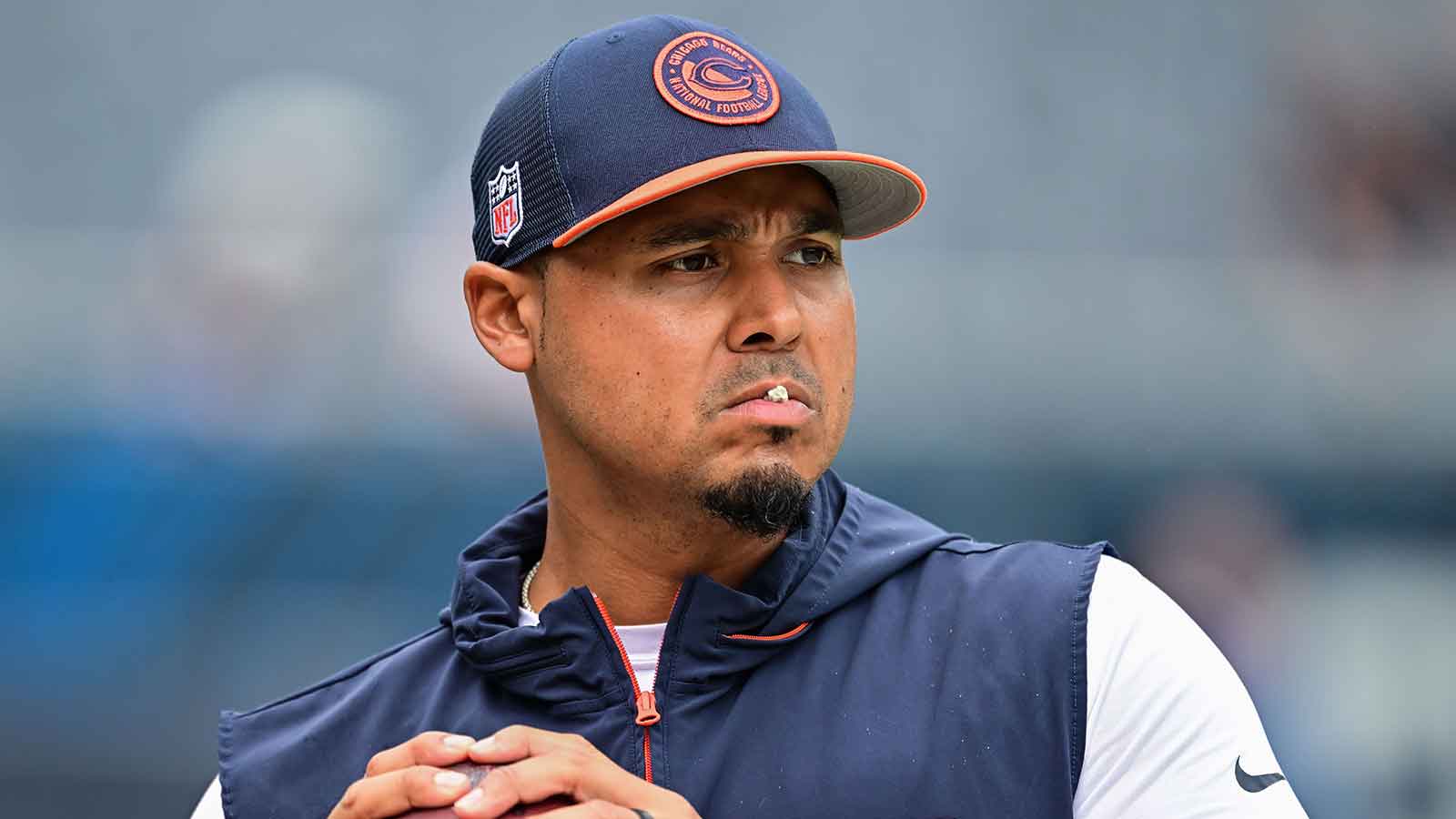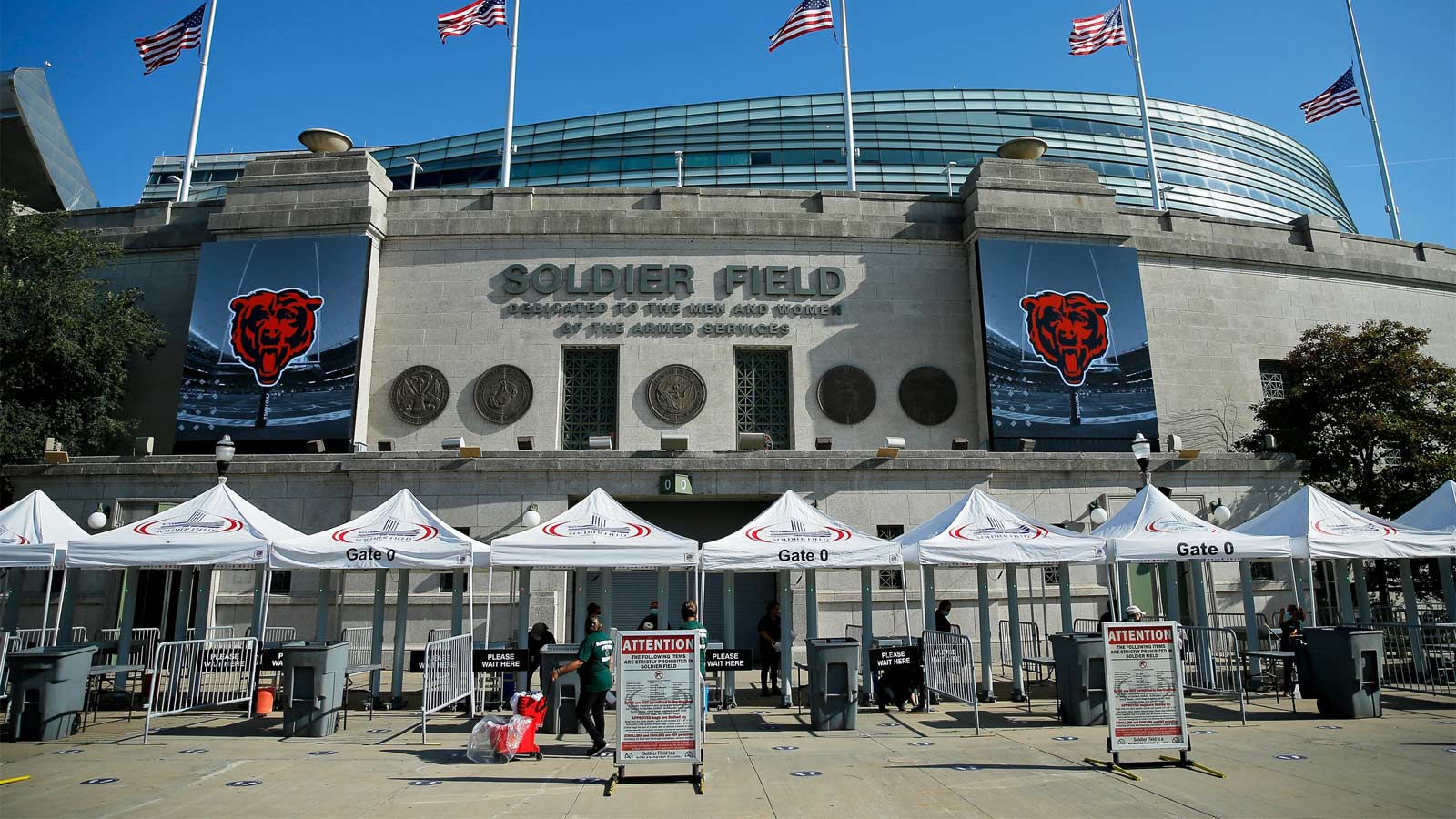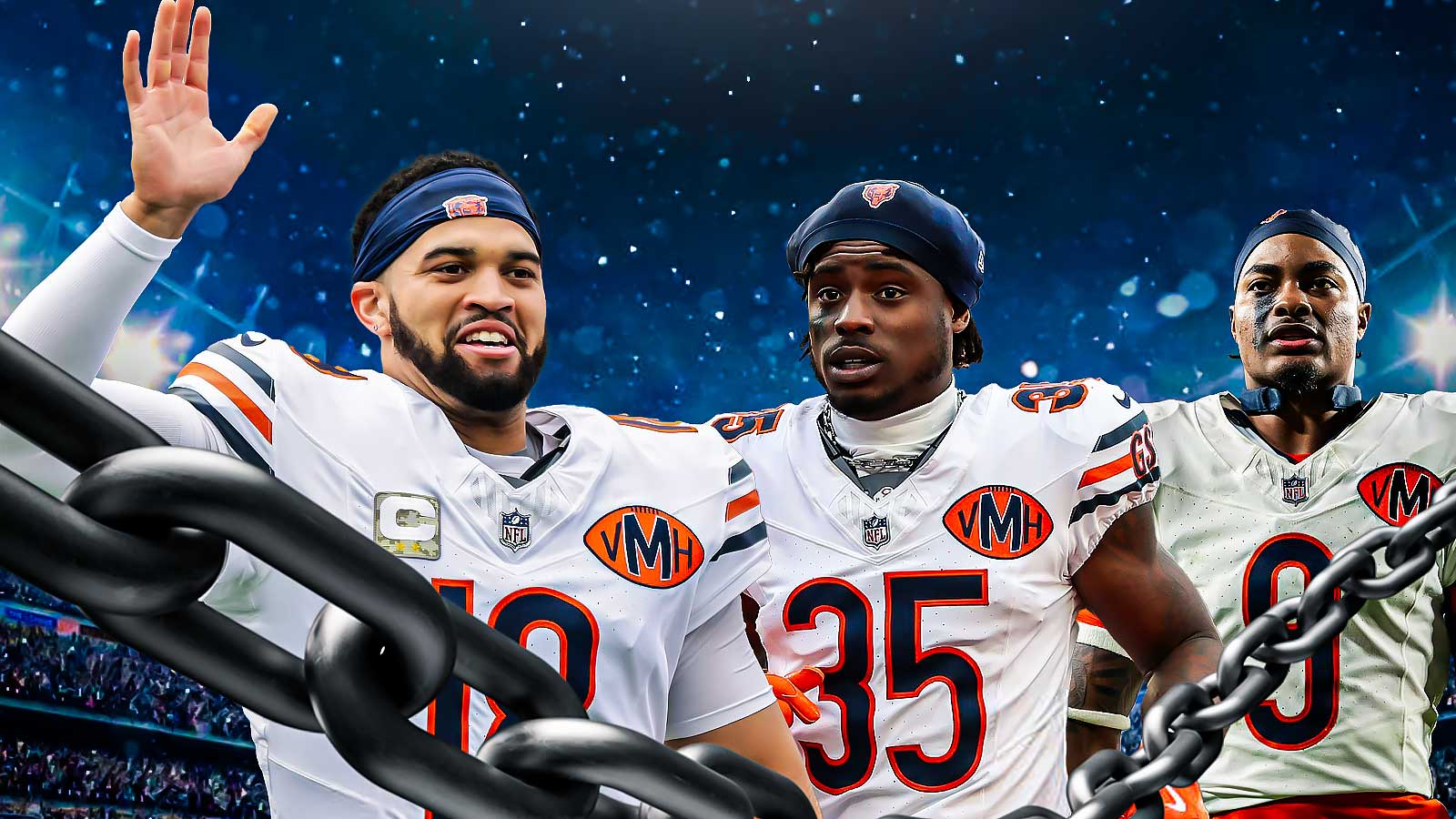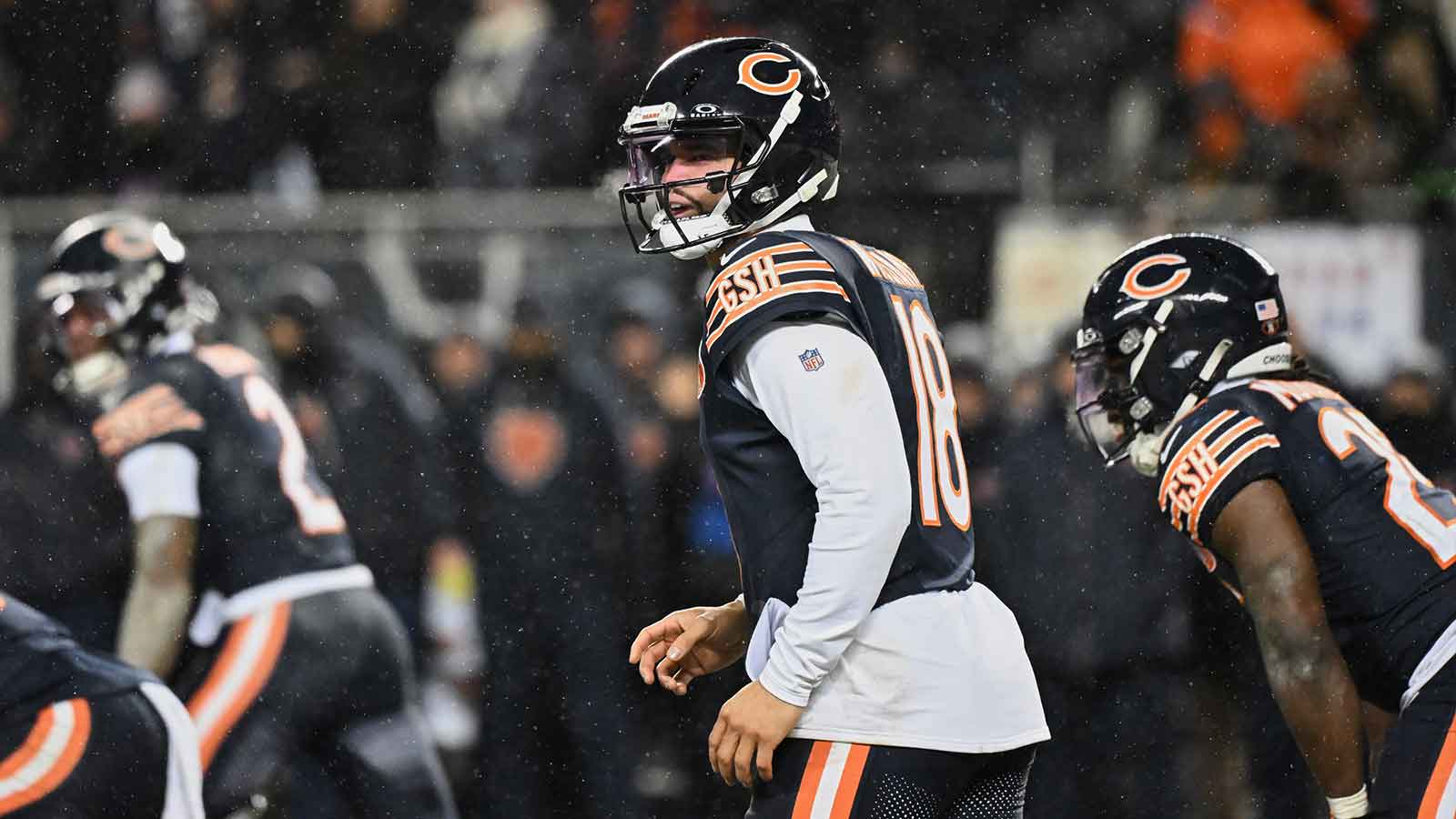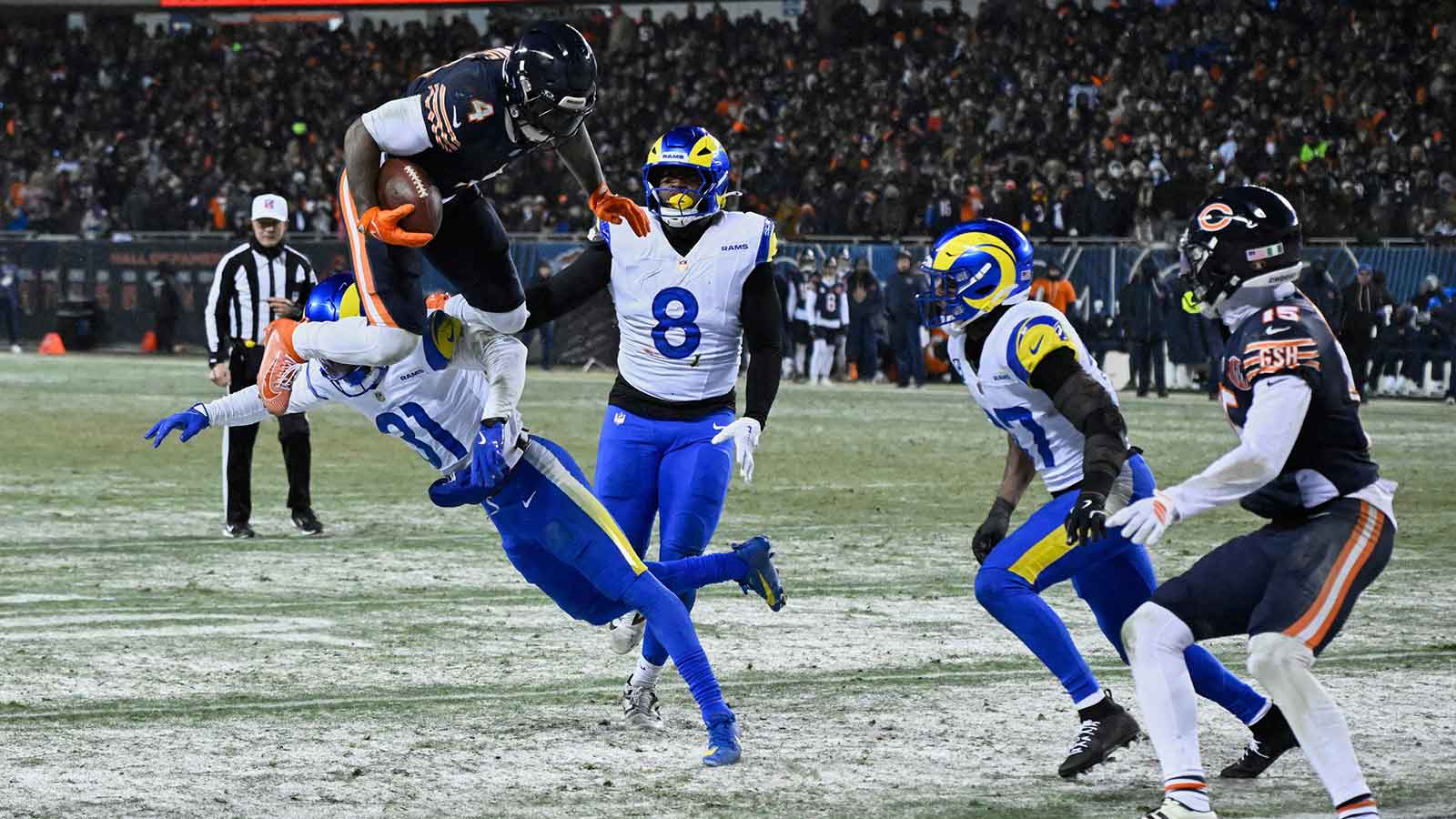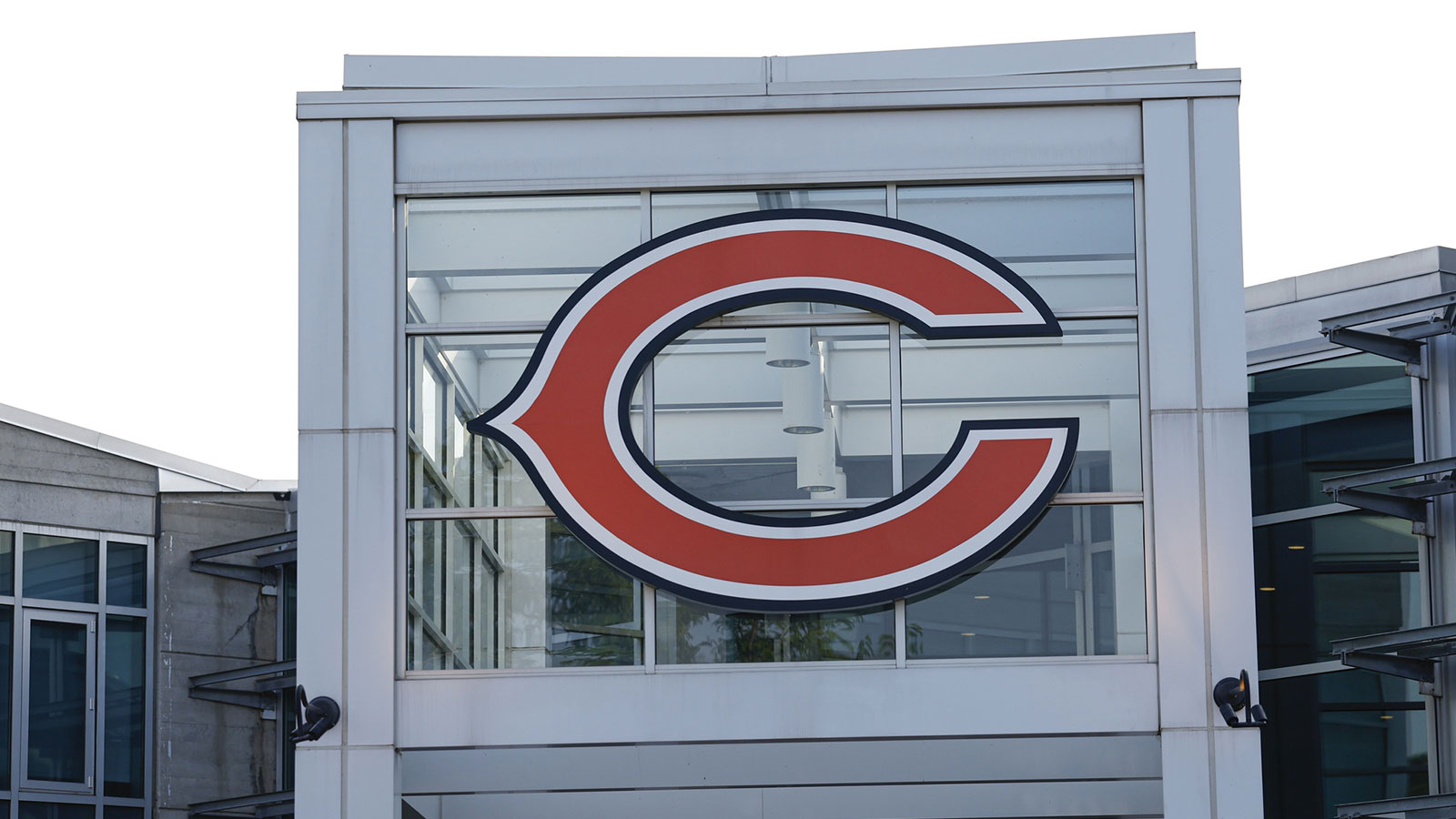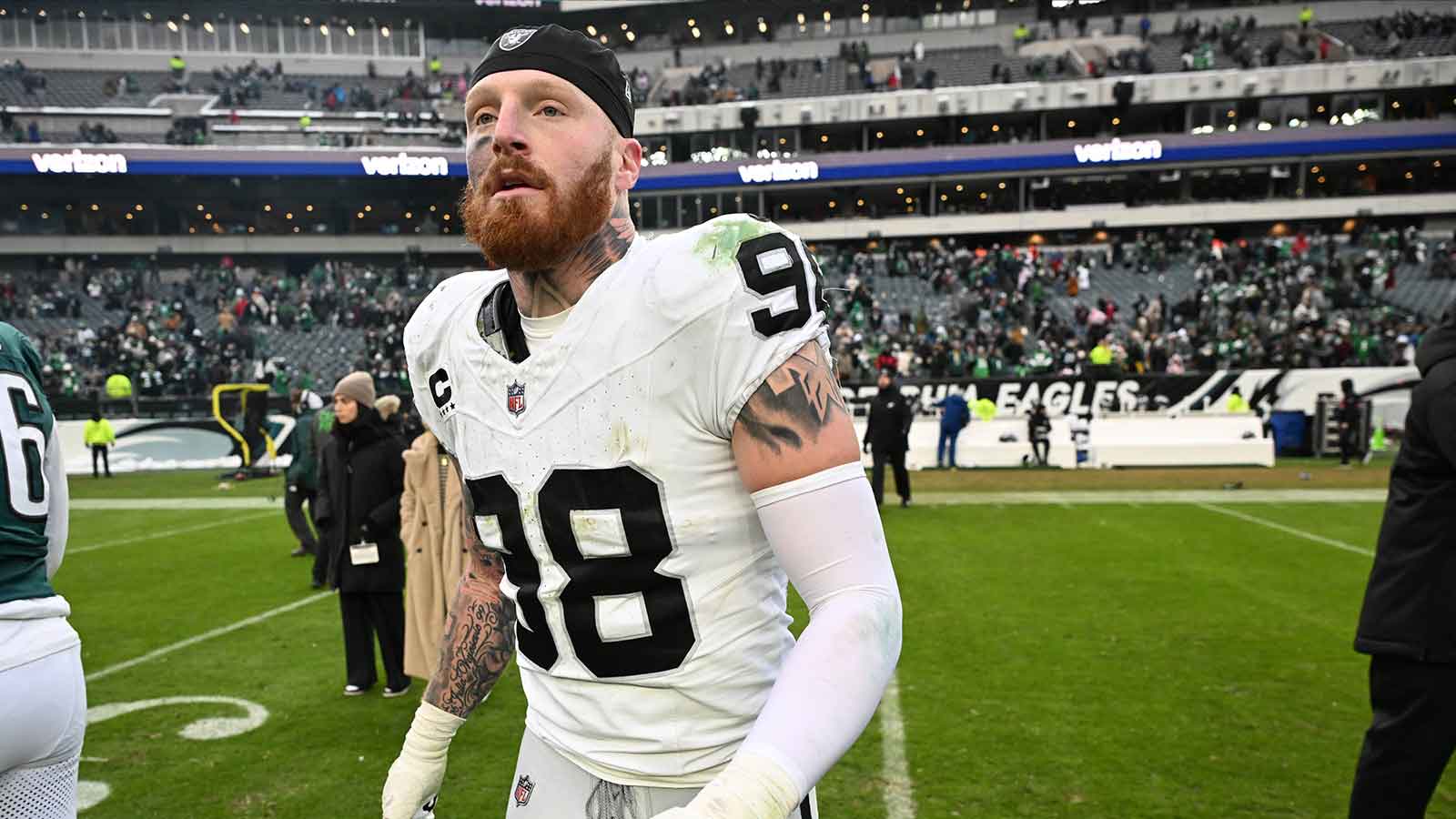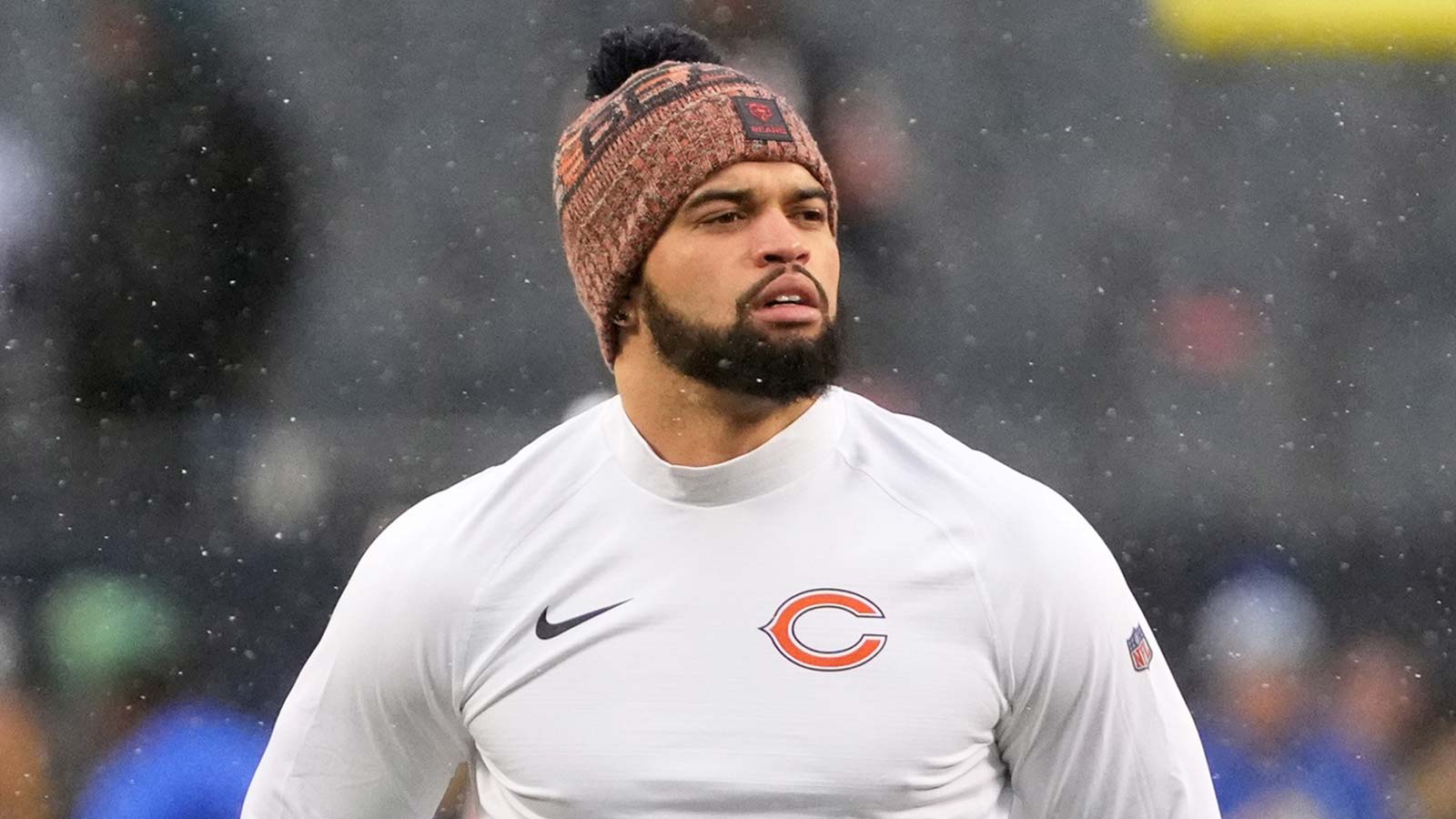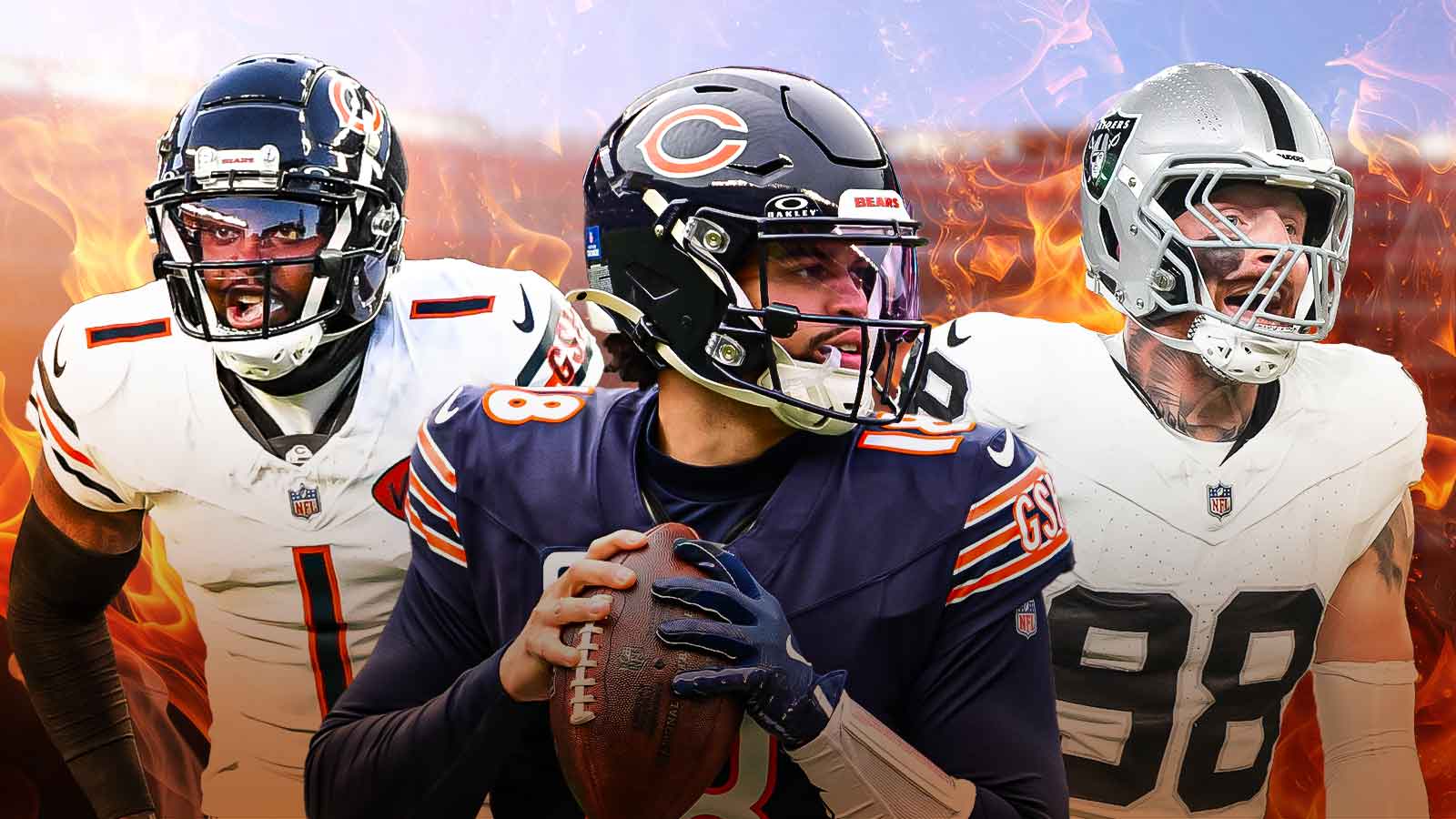The Chicago Bears' Week 4 matchup against the Denver Broncos was a devastating loss, with a final score of 31-28 in favor of the Broncos. The Bears had a 21-7 lead at halftime, only to collapse in the second half and allow the Broncos to outscore them 24-7. This article will discuss four key individuals to blame for the Bears' massive collapse and explore their roles in the team's downfall.
The Collapse
The Chicago Bears suffered a devastating loss in Week 4 against the Denver Broncos, blowing a 14-point lead and ultimately falling 31-28. The Bears' collapse marked their 14th straight loss, highlighting the team's struggles and raising questions about their ability to compete at a high level. The Broncos, on the other hand, managed to avoid a 0-4 start by mounting a remarkable comeback and securing their first win of the season.
The game started off well for the Bears, with their offense and defense both performing at a high level in the first half. However, in the second half, the Broncos came roaring back, scoring 24 unanswered points and exposing the Bears' weaknesses. Despite a late rally by the Bears, led by rookie quarterback Justin Fields, they were unable to overcome the Broncos' surge and ultimately fell short in a game they should have won. The loss dropped the Bears to a 0-4 record on the season, further deepening their struggles and raising concerns about the team's future.
Here we will look at the four Chicago Bears to blame for their Week 4 massive collapse against the Denver Broncos.
Matt Eberflus
The Chicago Bears squandered a commanding 28-7 lead in the third quarter to the previously winless Broncos. The primary responsibility for this loss falls squarely on the shoulders of head coach Matt Eberflus. This defeat marked the team's 14th consecutive loss, stretching back to the previous season, and Eberflus' record as the head coach stands at a dismal 3-18 with the Chicago Bears. Unfortunately, the team repeated many of the same mistakes made during Eberflus' inaugural season. The situation remains the same, and it is evident that a change is necessary. After this game, the team should seriously consider terminating Eberflus, although it is uncertain if this will happen, underscoring the ineffectiveness of the organization.
As the clock wound down in the fourth quarter, several questionable decisions were made. However, perhaps the most glaring was the choice not to attempt to score when the game was tied at 28-28 with just 2 minutes and 57 seconds left in the fourth quarter. Over the past 14 games, numerous opportunities have presented themselves for the Bears to break their losing streak, yet they have consistently fallen short. Ultimately, this reflects on the head coach.
Chicago Bears Offensive Line
Due to Braxton Jones' placement on injured reserve, Larry Borom started at left tackle for the Chicago Bears for the second consecutive game. Unfortunately, Borom's performance was far from satisfactory as he proved to be a liability on offense. He encountered significant difficulties in blocking defenders and incurred numerous costly penalties. It is worth noting that Jones, who has been dealing with a neck injury, will become eligible to return in Week 7 against the Las Vegas Raiders.
Chicago's offensive tackles, including the rookie Wright, had a challenging day overall. Although Wright has shown promise thus far, he did make several critical errors. These included committing a couple of penalties. Wright was also involved in the pivotal play on fourth-and-one at the end of the game, where his block on Khalil Herbert's rushing attempt fell short.
TJ Edwards
TJ Edwards was included in the overarching plan to rejuvenate the linebacker corps. However, his impact thus far has been limited primarily to accumulating tackles. In Sunday's game, he once again tallied impressive tackle statistics, but it was the tackles he failed to make that had a more profound impact. On numerous occasions, Edwards allowed ball carriers to slip past him or was slightly out of position in pass coverage. These minor lapses accumulated and detrimentally affected the unit's ability to contain the Broncos' offense.
The Absence of Chase Claypool
𝗧𝗥𝗘𝗡𝗗𝗜𝗡𝗚: The #Bears are an absolute mess right now…
Bears HC Matt Eberflus said that Chase Claypool made the decision not to come to the game today and stay away from the team.
However, a Bears spokesperson just confirmed that the team DID ask him to stay him, he… pic.twitter.com/hnI6FTGnVe
— JPAFootball (@jasrifootball) October 1, 2023
Wide receiver Chase Claypool was conspicuously absent from Soldier Field on Sunday. Claypool basically criticized the coaching staff on Friday, leading to his benching on Sunday.
In hindsight, it surely seems like the Bears made a monumental error when they traded the 2023 second-round draft pick. Recall that they did that in exchange for Claypool. That pick ultimately became the 32nd overall selection. With a pick of that caliber, the Bears could have likely secured a starting player on day one.
Instead, they are now grappling with a veteran receiver who, at times, appears disinterested in playing football. He also openly voiced his dissatisfaction with the coaching staff. The team was not willing to put him on the field on Sunday. That's a particularly significant decision given that this is a contract year for Claypool. He had previously emphasized it as the most crucial of his career.
The Bears may consider attempting to trade Claypool for a late-round draft pick. Of course, finding a willing buyer may prove challenging. This situation raises questions about why any team would be willing to acquire him. After all, he is a player who has underperformed for two different teams despite receiving multiple opportunities.
Looking Ahead
In conclusion, the Chicago Bears' Week 4 loss brought into sharp focus the multiple issues plaguing the team. These include coaching concerns, offensive line struggles, defensive lapses, and internal discord. The performance on the field and the off-field dynamics paint a picture of a team in turmoil. They desperately need a turnaround. As the season unfolds, the Bears will face critical decisions regarding their coaching staff, player personnel, and team culture. Only time will tell whether they can rise above these challenges and reclaim their competitive edge in the NFL.

